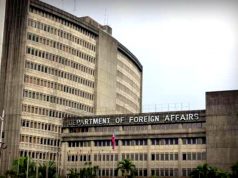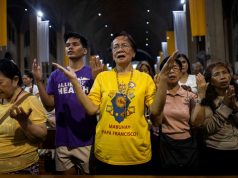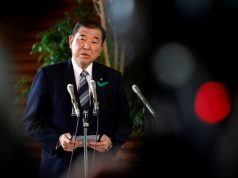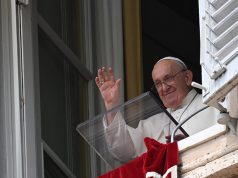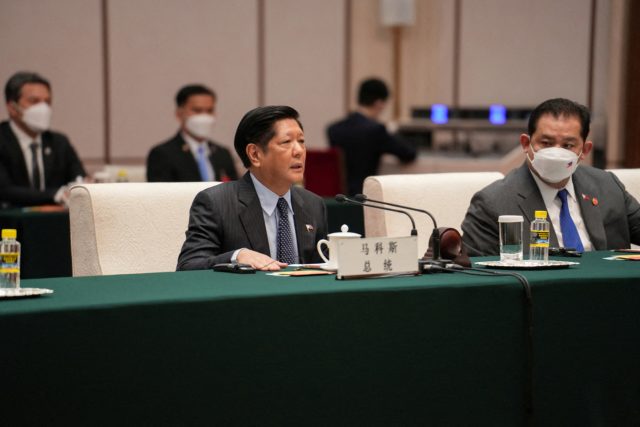
MANILA— Philippine President Ferdinand Marcos Jr expects the domestic economy to grow around 7% this year, saying strong fundamentals, prudent fiscal management and reforms in key sectors will cushion against risks from a potential global recession.
The Southeast Asian country, which will announce its 2022 economic performance on Jan. 26, also expects last year’s gross domestic product growth to be faster than the 6.5%-7.5% target.
“Our strong macroeconomic fundamentals, fiscal discipline, structural reforms and liberalisation of key sectors instituted over the years have enabled us to withstand the negative shocks caused by the pandemic and succeeding economic downturns and map a route toward a strong recovery,” Marcos was quoted as saying in a statement his office issued on Wednesday.
Marcos was in Davos, Switzerland this week for the World Economic Forum, accompanied by his economic team and several Philippine business executives. There he met with potential investors to seek support for his infrastructure development program.
Pent-up domestic demand following the removal of pandemic restrictions propped up economic growth last year and will continue supporting consumer spending this year, Bangko Sentral ng Pilipinas Governor Felipe Medalla said on Jan. 10.
“Our actual projection is 6.5 (percent for 2023) but there are signs that we might be able to surpass that,” Marcos said in Davos, where he also presented his proposed sovereign wealth fund to potential investors.
Critics have raised concerns over the transparency and governance of the wealth fund, which has been approved by the House of Representatives, and is pending deliberation in the Senate.
Under the bill, state lenders Development Bank of the Philippines and Land Bank of the Philippines would provide a total 75 billion pesos ($1.37 billion) for initial capital, while the central bank will contribute subsequently through dividends.
—Reporting by Enrico Dela Cruz; Editing by Kanupriya Kapoor






